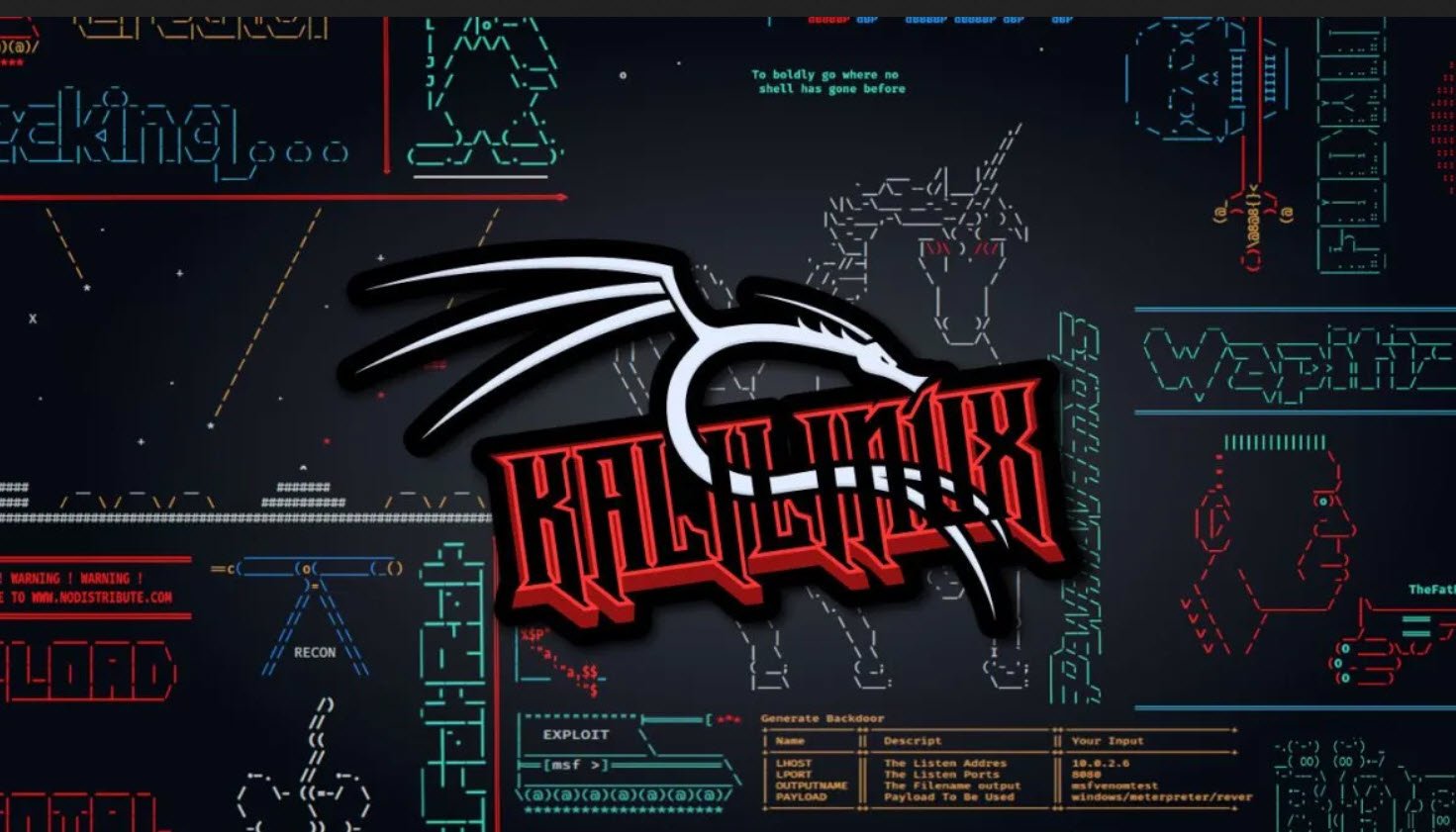
Java is one of the most popular programming languages used worldwide, known for its versatility and robustness. Whether you’re a beginner or an experienced Java developer, there are numerous books available to help you enhance your skills and deepen your understanding of the language.
In this article, we’ll explore the top Java programming books that cover a wide range of topics and provide valuable insights for Java developers at all levels.
- Effective Java
- Clean Code
- Java Concurrency in Practice
- Head First Design Patterns
- Spring in Action
- Test-Driven
- The Definitive Guide to Java Performance
- Head First Java
- Head First Object-Oriented Analysis and Design
- Java: A Beginner’s Guide
1. “Effective Java” by Joshua Bloch:
“Effective Java” is considered a must-read for any Java developer. This book offers practical advice and best practices for writing efficient, readable, and maintainable Java code. It covers topics such as object creation, generics, concurrency, and more. Joshua Bloch, a former Google engineer and one of the key contributors to the Java platform, shares his expertise and provides valuable insights into Java programming.
2. “Clean Code: A Handbook of Agile Software Craftsmanship” by Robert C. Martin:
Although not specifically focused on Java, “Clean Code” is a widely recommended book for all programmers. It emphasizes the importance of writing clean and readable code, which is crucial for Java developers working on large-scale projects. The book presents practical techniques and principles for improving code quality, readability, and maintainability.
3. “Java Concurrency in Practice” by Brian Goetz et al.:
Concurrency is an essential aspect of modern programming, and this book is the definitive guide to writing concurrent programs in Java. It covers concepts such as thread safety, synchronization, concurrent collections, and advanced topics like parallel programming and performance optimization. The authors provide real-world examples and practical tips to help Java developers write efficient and thread-safe code.
4. “Head First Design Patterns” by Eric Freeman et al.:
Design patterns are reusable solutions to common software design problems. This book introduces the fundamental design patterns in an engaging and interactive manner. It covers the Gang of Four (GoF) design patterns and provides examples in Java. Reading this book will help you understand how to apply design patterns to write flexible, maintainable, and scalable Java code.
5. “Spring in Action” by Craig Walls:
Spring is a widely used Java framework for building enterprise applications. This book provides a comprehensive guide to the Spring framework, covering topics such as dependency injection, aspect-oriented programming, data access, and more. It includes practical examples and hands-on exercises that will help you master the Spring framework and develop robust Java applications.
6. “Test-Driven: TDD and Acceptance TDD for Java Developers” by Lasse Koskela:
Test-driven development (TDD) is a software development approach that emphasizes writing automated tests before writing the actual code. This book focuses on TDD practices and techniques specifically for Java developers. It covers unit testing, integration testing, and acceptance testing, providing insights into how to write testable and maintainable Java code.
7. “The Definitive Guide to Java Performance” by Scott Oaks:
Performance optimization is crucial for building high-performance Java applications. This book explores various aspects of Java performance, including JVM internals, garbage collection, memory management, and profiling tools. It offers practical tips, best practices, and case studies to help Java developers improve the performance of their applications.
8. “Head First Java” by Kathy Sierra and Bert Bates:
If you’re new to Java programming, “Head First Java” is an excellent starting point. This beginner-friendly book takes a unique approach to teaching Java concepts by combining visual aids, puzzles, and interactive exercises. It covers the basics of Java programming, object-oriented programming, and essential Java libraries.
9. “Head First Object-Oriented Analysis and Design” by Brett D. McLaughlin et al.:
Understanding object-oriented analysis and design (OOAD) is crucial for building well-designed and scalable Java applications. This book introduces the principles and techniques of OOAD in an engaging and practical manner. It covers topics such as use case modeling, class diagrams, design patterns, and more.
10. “Java: A Beginner’s Guide” by Herbert Schildt:
As the title suggests, this book is a comprehensive guide for beginners who want to learn Java programming. It covers the basics of Java syntax, object-oriented programming concepts, and essential Java libraries. The book provides clear explanations and numerous examples, making it suitable for self-study and reference.
In conclusion, these top Java programming books cover a wide range of topics, from core Java concepts to advanced techniques such as concurrency, design patterns, and performance optimization. Whether you’re a beginner or an experienced Java developer, these books will help you enhance your skills, improve your code quality, and become a more proficient Java programmer.








